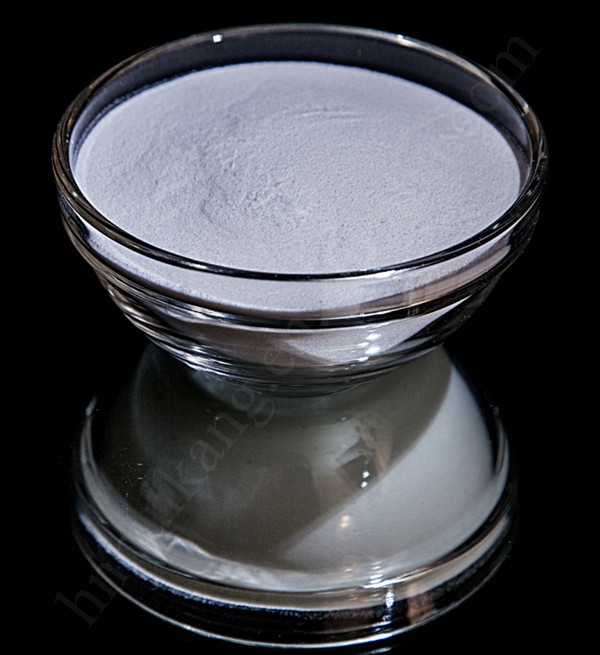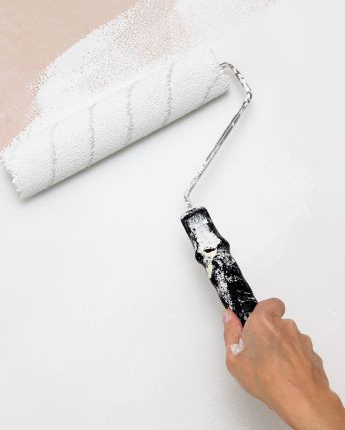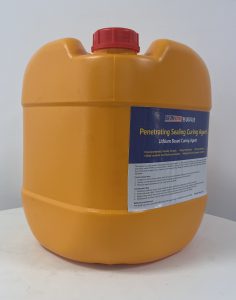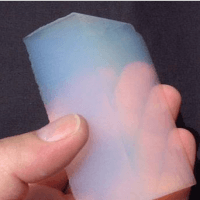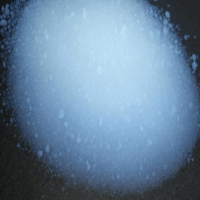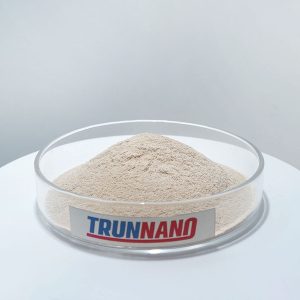Professional solutions on concrete addtives, Concrete Foaming Agent, Superplasticizer, CLC Blocks Additives, and foaming machine
(Retarding effect of sodium gluconate in concrete)
What is Sodium gluconate?
Sodium gluconate is a white or light yellow crystalline powder with molecular formula C6H11O7Na and a relative molecular mass 218.14. It is soluble in water, slightly soluble in alcohol, insoluble in ether, and has a salty odor.
Sodium gluconate is a deep-processed product of glucose and is the basic raw material for preparing gluconolactone, gluconate (zinc, copper, ferrous salts), and so on. In the food industry, sodium gluconate can be used as a nutritional supplement, curing agent, and buffer. In addition, due to its excellent chelating properties, sodium gluconate is widely used in various industrial sectors such as water quality treatment, electroplating, surface cleaning of metal and non-metal and cement production, etc. It has a wide range of uses in chemical, food, pharmaceutical, light industry, and other industries.
The role of sodium gluconate in concrete is mainly manifested in the following aspects:
1. Enhance the strength and durability of concrete: as a high-performance admixture, sodium gluconate can effectively enhance the strength and durability of concrete. It can significantly improve the fluidity of concrete, making it easier to pour and pound, thus reducing the possibility of segregation and water secretion. Sodium gluconate is also able to promote the hardening process of concrete, increasing its early and late strength. In addition, since sodium gluconate has good chemical stability, it can prolong the service life of concrete and reduce maintenance costs.
2. Anti-Chloride Ion Erosion: In the marine environment and other high-humidity environments, chloride ions often erode concrete. Chlorine ion is a strong oxidizing agent, which can damage the surface of steel reinforcement in concrete, leading to corrosion of steel reinforcement and cracking of concrete. Sodium gluconate, on the other hand, can react with chloride ions to form stable complexes, thus reducing the corrosive properties of chloride ions. Therefore, adding sodium gluconate to concrete can effectively improve the resistance of concrete to chloride ion erosion.
3. Reduce the carbonation rate of concrete: Concrete carbonation refers to the process in which carbon dioxide reacts with alkaline substances in concrete to generate calcium carbonate. This process leads to a decrease in the alkalinity of the concrete, which increases the risk of corrosion of the steel reinforcement in the concrete. Sodium gluconate, however, can react with silicate and other substances in concrete to form a dense protective layer, thus reducing carbon dioxide penetration and lowering the carbonation rate of concrete.
4. Improve the freeze-thaw resistance of concrete: In cold areas, concrete often faces the test of the freeze-thaw cycle. Sodium gluconate can improve the freeze-thaw resistance of concrete. It can react with calcium hydroxide in the hydration product of cement to produce a kind of insoluble calcium salt, which can block the capillary pores and reduce the permeability of water, thus improving the freeze-thaw resistance of concrete.
5. Regulate the setting time of concrete: Sodium gluconate, as a retarder, can regulate the setting time of concrete. It can prolong the initial and final setting times of concrete, giving the concrete more time for pouring and pounding. At the same time, since sodium gluconate has a better retarding effect, it can reduce the use of other retarding agents, thus reducing the cost.
6. Improve the crack resistance of concrete: In dry or hot climate conditions, concrete often cracks. Sodium gluconate can effectively improve the crack resistance of concrete. It can react with calcium hydroxide in the hydration product of cement to generate a substance with elasticity, which can relieve drying shrinkage and reduce cracks. In addition, since sodium gluconate can improve concrete's water retention and durability, it can also reduce the generation of cracks.
In conclusion, as a high-performance admixture, sodium gluconate is important in concrete. It can improve the properties of concrete, such as strength, durability, resistance to chloride erosion, carbonation rate, freeze-thaw resistance, and crack resistance. Hence, it is widely used in many important buildings and infrastructures.
Addition of Sodium Gluconate in Concrete
The amount of sodium gluconate to be added to concrete depends mainly on the performance requirements of the concrete and the specific construction needs.
In ordinary concrete work, the standard amount used is generally between 0.05 and 1.0. For example, in the case of 20 ℃, if you want the concrete to slow down the time to a few hours, the amount of use can be 0.075; if you need to slow down for a longer period, for example, in the case of 20 ℃ at room temperature, you want to achieve the effect of slowing down for less than two days, the standard amount of mortar concrete admixture is 0.25.
In the case of high temperatures, such as in the oil well operation, due to the higher temperature, the concrete is more likely to solidify but also more prone to cracks and other problems, so it is necessary to use more sodium gluconate to achieve the desired retarding effect, generally in this case the amount of 1.00. In addition, the configuration of super-strength plasticizing concrete also needs to use sodium gluconate, the amount of 1.00.
In daily life, such as the need to achieve the basic building construction requirements for concrete retarders and the use of general 0.05, the specific circumstances also need to be adjusted according to the actual needs.
Concrete additives Supplier
TRUNNANO is a reliable concrete additives supplier with over 12-year experience in nano-building energy conservation and nanotechnology development.
If you are looking for high-quality concrete additives, please feel free to contact us and send an inquiry. (sales@cabr-concrete.com)
We accept payment via Credit Card, T/T, West Union, and Paypal. TRUNNANO will ship the goods to customers overseas through FedEx, DHL, by air, or by sea.
(Retarding effect of sodium gluconate in concrete)


